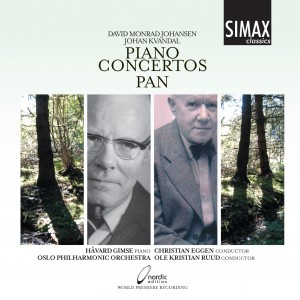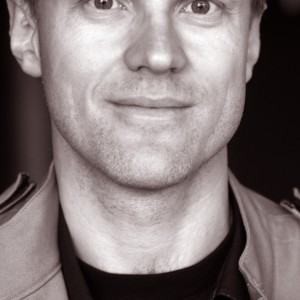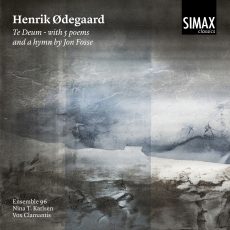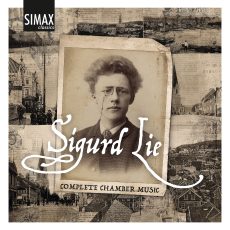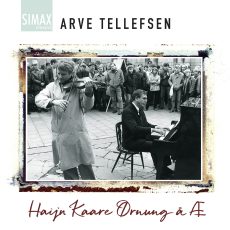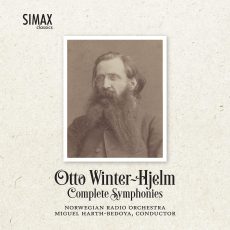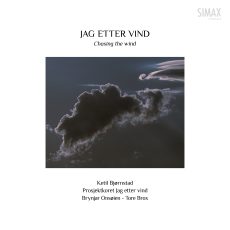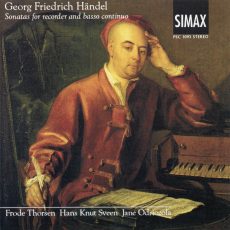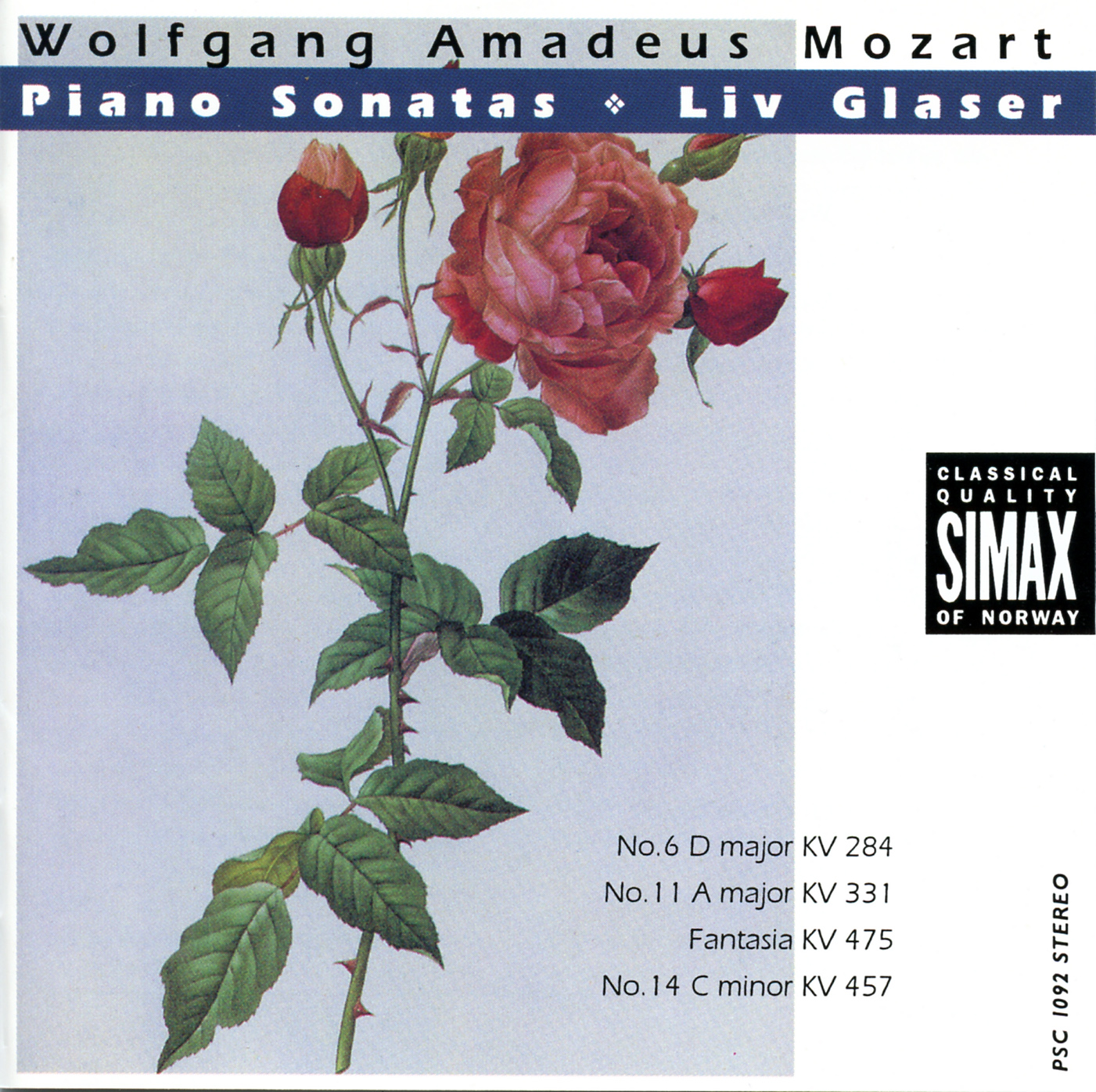Piano Concertos by father and son: David Monrad Johansen and Johan Kvandal
The art of composing has been regarded as a craft all through the history of Europe, the composer’s skill has been inherited from father to son, often for generations. In Norway, the most famous example of this musical father/son relationship is the one between David Monrad Johansen (1888-1974) and his son Johan Kvandal (1919-99). The outstanding Håvard Gimse premieres their two piano concertos on this recording.
Norwegian roots and new waves
David Monrad Johansen had a key position in the Norwegian musical life in the time between the World Wars. In this period the whole musical society was influenced by nationalistic ideas, and Monrad Johansen was inspired by the old Norwegian sagas as well as the writers of his time. In his music he indeed succeeded in blending the Norwegian roots with the new waves of this era. In his political ideas, however, he stagnated. Pan is doubtless the most famous piece by Monrad Johansen; a tribute to the Norwegian writer Knut Hamsun, and one of the Norwegian orchestra works most played internationally. The piece combines impressionism and polyphony and is, according to the composer, an expression of the powers of nature that exist in Hamsun’s literature. Monrad Johansen’s Piano concerto has a strict form, three movements, and is an admirable written piece of music.
Johan Kvandal’s last composition
Kvandal shared his fathers almost naturalistic relationship with the Norwegian arts and music, but his own expression was even more influenced by European music than Monrad Johansens. Kvandal’s Piano concerto was the last thing he wrote, and it was finished in 1998. Håvard Gimse was the prime force behind this piece, and played all the movements as soon as they were ready from the composer’s pen. The second movement is unique in the literature of concertos; opening as it does with a solo phrase of 19 bars – a solo given to the tuba.
Musical excess
Oslo Philharmonic Orchestra plays with a great excess under the guiding hands of Christian Eggen and Ole Kristian Ruud. Håvard Gimse is of course one of Norway’s most active and praised pianists, and he plays the two concertos with variation, precision and energy – the best conditions for the presentation of the pieces.









